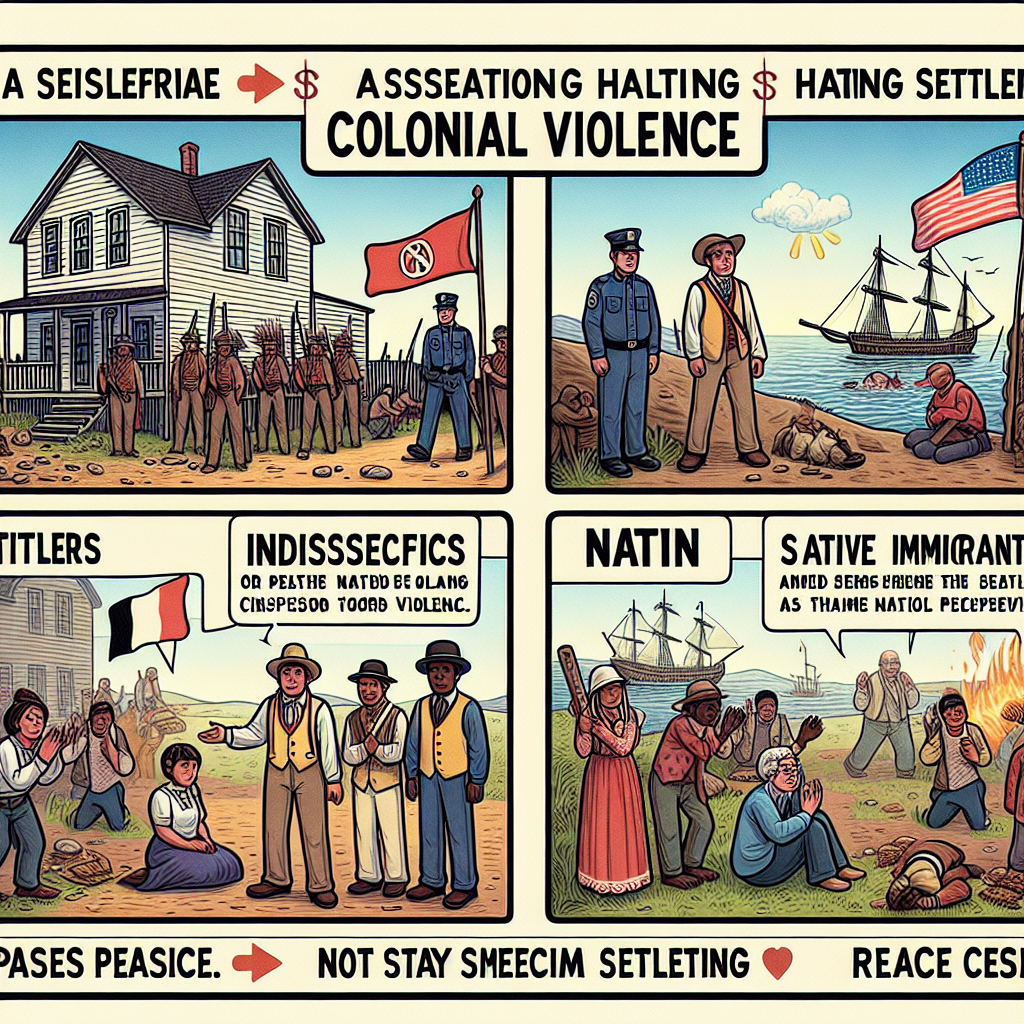Can a Ceasefire Halt Settler Colonial Violence?
Can a Ceasefire Halt Settler Colonial Violence?
Understanding Settler Colonialism
Settler colonialism is a form of colonialism where the colonizers come to stay, often leading to the displacement and marginalization of indigenous populations. This system is characterized by:
- Permanent settlement by colonizers.
- Displacement of indigenous communities.
- Systematic marginalization and violence against native populations.
The Role of Ceasefires
Ceasefires are temporary halts in conflict, often used as a tool to de-escalate violence and create space for dialogue. However, their effectiveness in addressing settler colonial violence is debated due to several factors:
- Ceasefires may not address the root causes of settler colonialism.
- They can provide temporary relief but may not lead to long-term solutions.
- Ceasefires might be used strategically by dominant powers to consolidate control.
Challenges in Implementing Ceasefires
Implementing ceasefires in settler colonial contexts presents unique challenges:
- Lack of trust between conflicting parties.
- Power imbalances that favor the colonizers.
- Continued structural violence even during ceasefires.
Potential Pathways to Peace
While ceasefires alone may not resolve settler colonial violence, they can be part of a broader strategy that includes:
- Addressing historical injustices and land rights.
- Promoting inclusive dialogue and reconciliation.
- Implementing international legal frameworks to protect indigenous rights.
Conclusion
While ceasefires can offer a temporary respite from violence, they are not a panacea for the deep-rooted issues of settler colonialism. Sustainable peace requires addressing the underlying causes of conflict, ensuring justice for indigenous populations, and fostering genuine reconciliation. Only through comprehensive strategies can the cycle of violence be effectively broken.


















